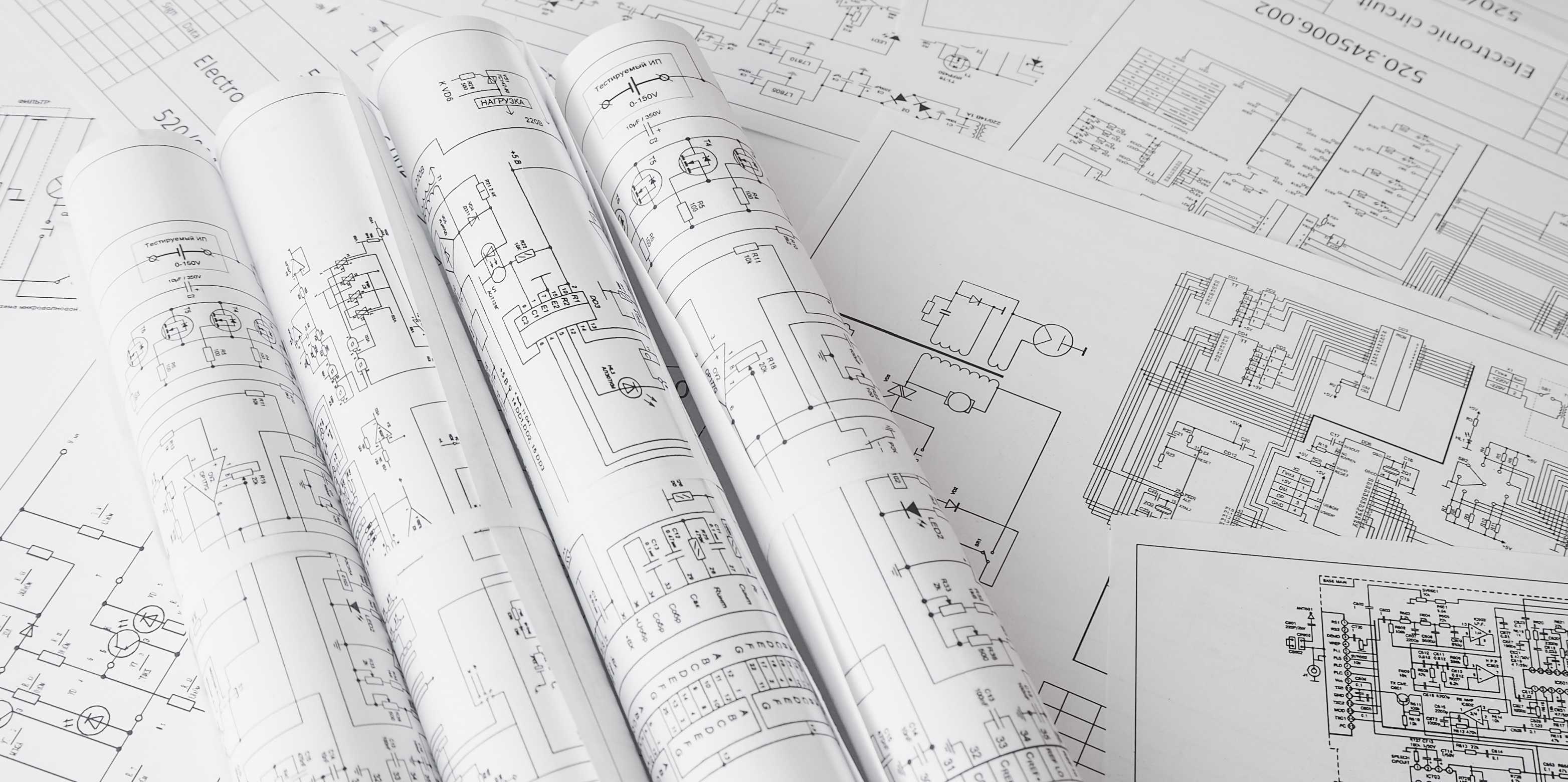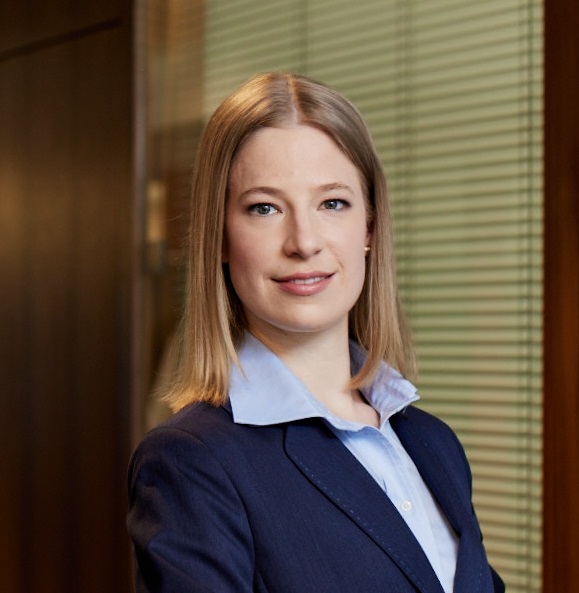For the sake of invention
An interview with D-PHYS alumna Elisa Wall, Patent Engineer at Rentsch Partner.

What was the decision path that led you to your present job?
Right after my physics studies, while working as a system verification engineer in the field of metrology, I had the chance to spend a bit of time at the interface between inventors and a patent attorney. This opportunity introduced me to the world of patents: I decided to change job and become a patent engineer in a law firm specialising in intellectual property. Now I work in a field with a unique interplay of skills and knowledge: the subject of most discussions is technology, the decisions are business-driven, and the tools of the trade are clear and concise language, and law. I like how I can shift between the main purpose of an invention and its technical details. In addition, I get to feed my curiosity with the latest developments in some of the newest technologies, be it in the field of renewables, artificial intelligence or medical technology.
What are your main responsibilities and tasks?
My job is to argue and defend the inventiveness of a client’s invention in writing. I routinely switch between different cases and technical subjects, often within a single day. For example, I may be working on the draft of a patent application for a client’s invention: in this case my goal is to turn the client’s invention into an asset through a patent, which provides the client with exclusive rights to the invention. A good patent application provides context and highlights the unique and innovative aspects of a given invention. A full patent application of 20 to 60 pages will take several days to draft until it's ready to be filed at a patent office.
My job also entails offering advice on various matters: I may discuss with clients how to move forward based on the report on a filed patent application received from an intellectual property office, the authority which grants patents. Clients may also seek advice on technology development decisions. Additionally, I may carry out patent searches in dedicated databases on behalf of a client to get an overview on existing patents.
How would you say that your physics degree prepared you for this job? From a professional standpoint, what do you value most of your physics background?

Physics equips you with a broad understanding of a variety of physical concepts and phenomena as well as with strong analytical skills. In particular, you learn how to break down a complex problem into its constituent parts and reflect on the effect of different solving strategies on the original problem. With this mindset comes the ability to find similarities among topics that have seemingly little in common.
Physics taught me to be curious, open-minded and imaginative. I learned how to think logically and critically, how to be an active listener and learner, and how to tackle problems with resilience and patience – because physics is taught by asking questions, and this fosters the drive to understand things thoroughly.